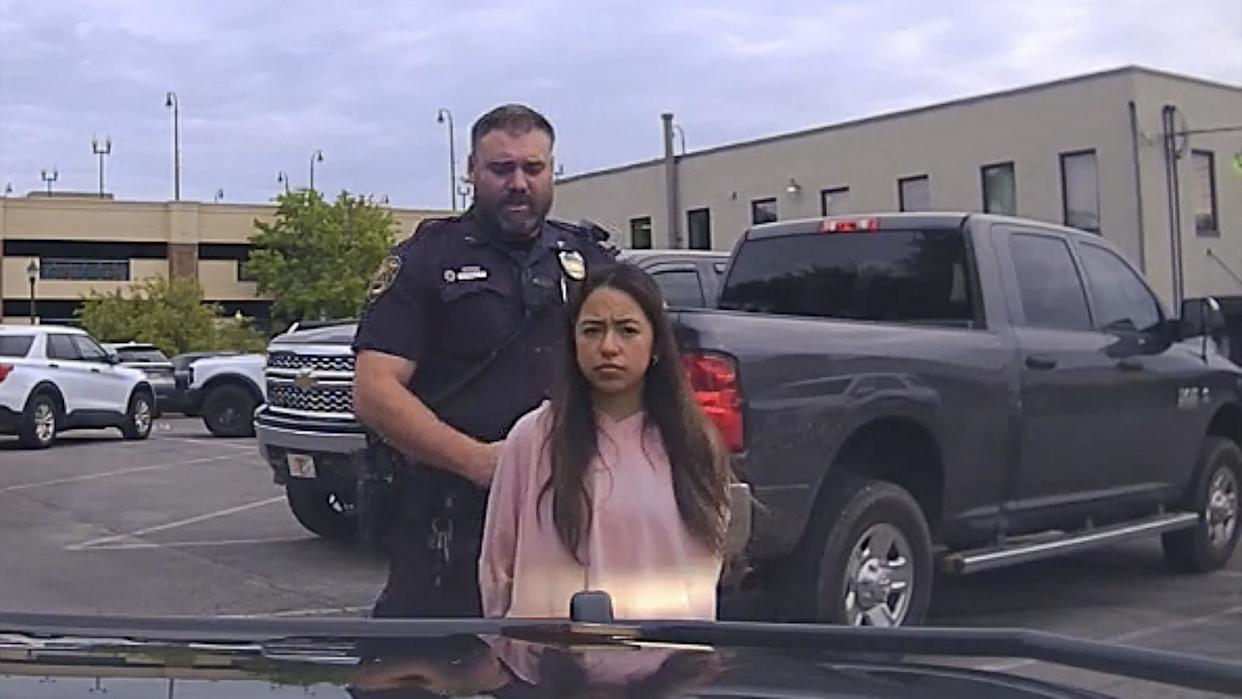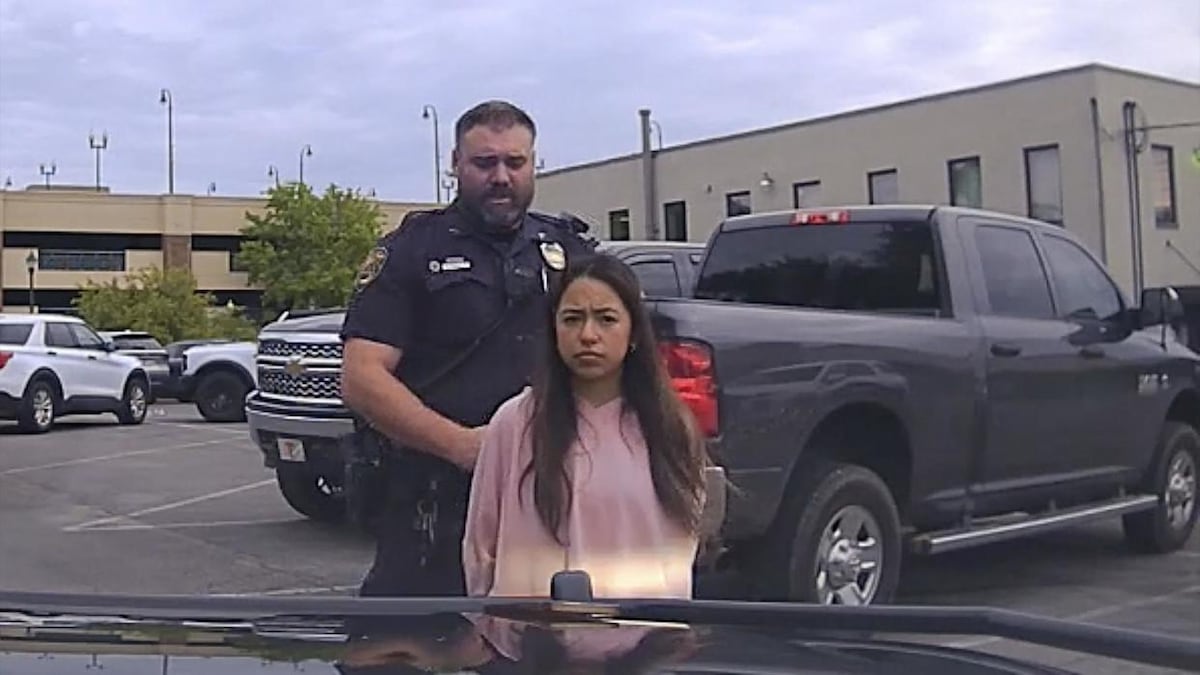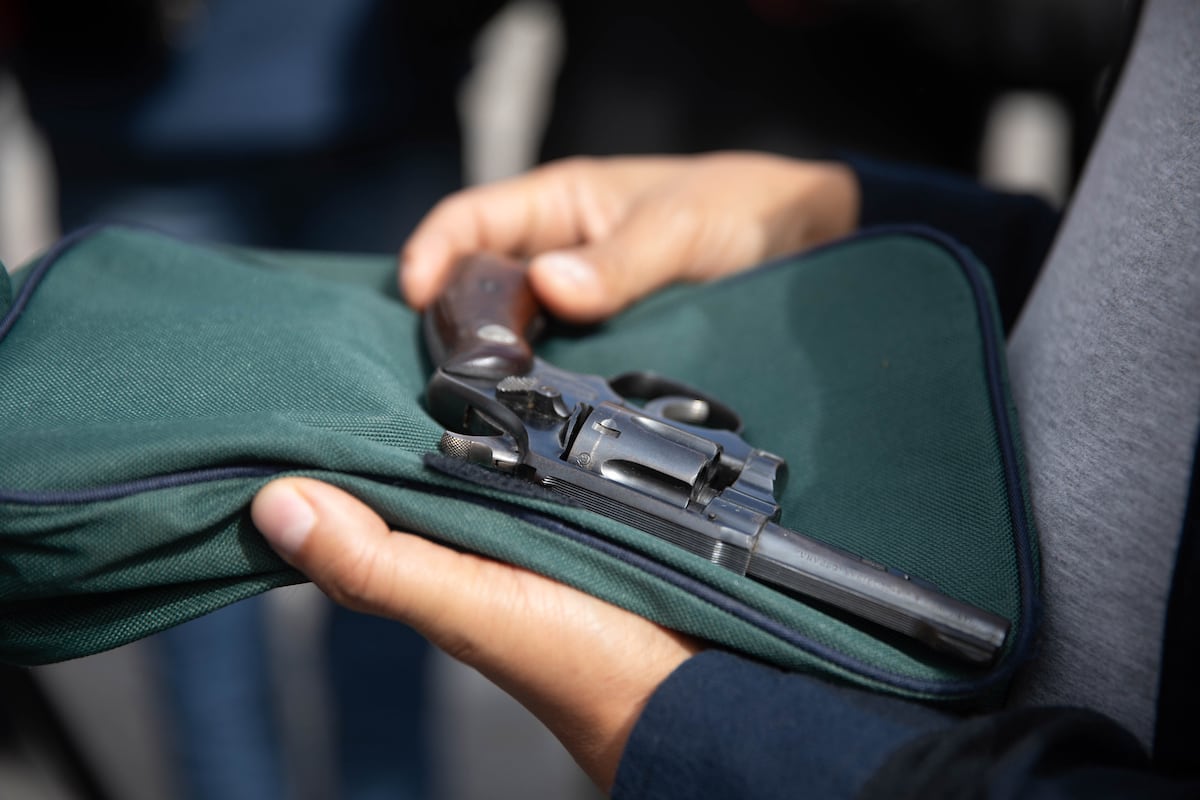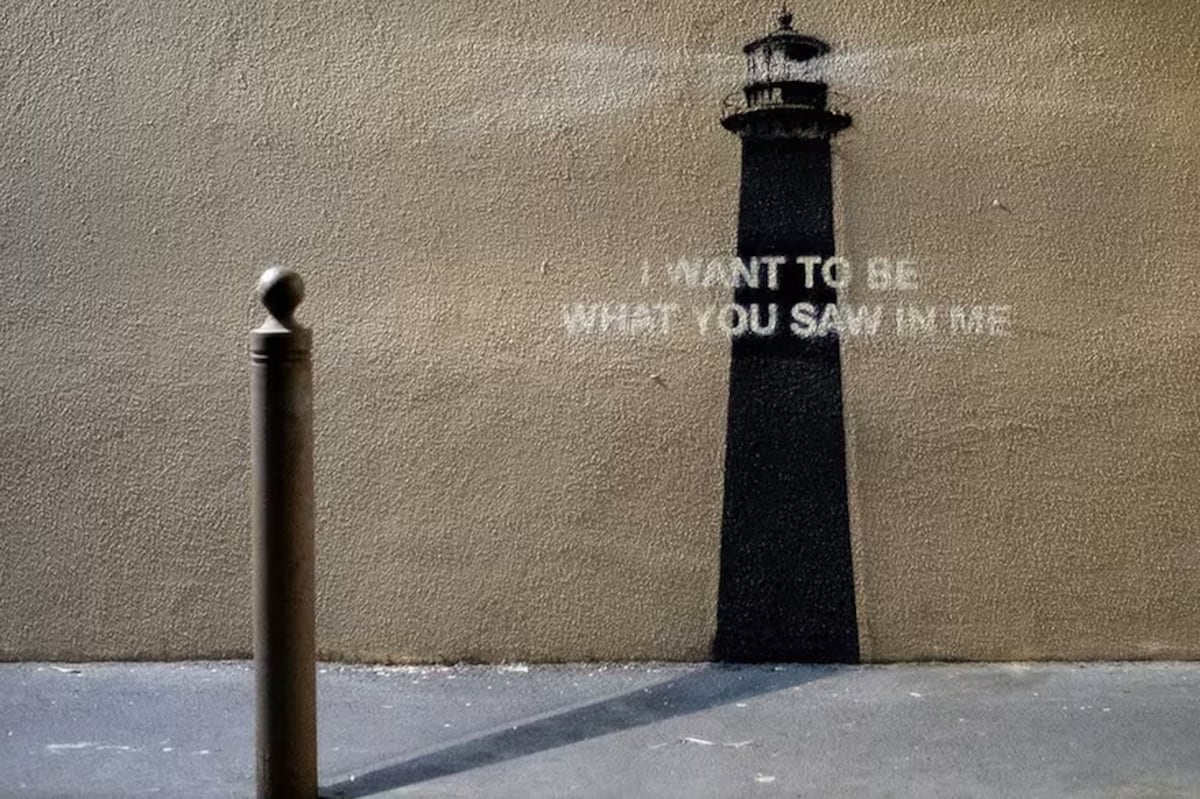[ad_1]

Immigration authorities had arrested her father two weeks earlier. On May 5, it was her turn. Ximena Arias-Cristóbal, a 19-year-old college student who arrived in the United States with her undocumented parents when she was just four, was driving down the streets where she grew up in Dalton, Georgia, when police stopped her for allegedly making an improper turn. When asked for her driver’s license, she said she had an international one but didn’t have it with her, so she was arrested for driving without a license.
Since then, it has been proven that she did not commit the traffic violation, and the charge was dropped. However, the young woman, who was transferred into the custody of Immigration and Customs Enforcement (ICE), remains detained and now faces imminent deportation despite not having committed any crime.
On Monday, local police announced that a review of recordings of the moment a pickup truck made the illegal turn confirmed that police had stopped the wrong car on May 5. “It’s a very regrettable place that we are right here, that we’ve ended up in this place with the way this unfolded and the way it turned out,” said Chris Crosser, assistant Dalton police chief, aware that the future of a young woman beloved by her community — far from the dangerous criminal the Trump administration has repeatedly warned of to justify its campaign of mass deportations — now rests in the hands of ICE. Attorneys for Arias-Cristóbal, who has a bail hearing next week, believe she will remain in ICE custody, as the federal agency accuses her of remaining in the country without authorization.
The young woman ended up detained at the Stewart Detention Center in Lumpkin, Georgia, after police, having previously arrested her for driving without a license, questioned her about her immigration status under the cooperation agreement the county signed with ICE in 2020. Her father, Francisco Arias Tovar, 43, was also held in that same detention center. He was sent there under similar circumstances after being stopped for speeding a few weeks earlier.
Neither of them has a criminal record, but the Department of Homeland Security — which ultimately oversees deportations — has suggested it will proceed with their removal. “The family will be able to return to Mexico together. Mr. Tovar had ample opportunity to seek a legal pathway to citizenship. He chose not to. We are not ignoring the rule of law,” reads a post from the department on X, which also invites them to use the CBP One app to “self-deport.”
Arias Tovar, a 43-year-old illegal alien from Mexico, was arrested for speeding and driving without a license. Arias Tovar self-admitted that he is in the country illegally. His daughter, Ximena Arias Cristobal, a 19-year-old illegal alien from Mexico, was arrested on May 5,… https://t.co/riCfZ6GoC8
— Homeland Security (@DHSgov) May 8, 2025
According to local reports, Arias Tovar had started his own business and applied for permanent residency, which was ultimately denied. His daughter, Ximena, arrived in the U.S. undocumented as a child but was ineligible for the DACA program — which offers protections to those brought to the country as minors — because she arrived after the program’s 2007 cutoff date. After graduating from high school last year, she had begun studying at a local university. Her mother, who is also undocumented, and her two younger sisters — both U.S. citizens — have remained at home. “My family’s a good family … they’re not criminals. They might have come here illegally, but they came here to fulfill their dreams,” said 12-year-old Aurora, one of the sisters, in an interview with CBS.
Following the wave of media attention surrounding Arias-Cristóbal’s case, her local community has rallied to support her through the legal process. A GoFundMe campaign has already raised more than $80,000 from over 2,000 donors. The fundraiser is being organized by an anonymous individual who claims to know her personally. “She has babysat for my kids for years. We adore her. Ximena is my close friend and my children’s favorite babysitter. All money raised is going directly to Ximena and her family to be used for legal representation,” the organizer wrote.
According to CBS, which managed to speak with Arias-Cristóbal during one of her daily calls with her family, the young woman fears deportation. “My life is here and I’m scared I’m going to have to start all over again in a country that I don’t know,” she told the network.
Arias-Cristóbal’s arrest and potential deportation are the latest examples in a growing list of immigration detentions that appear to contradict the government’s supposed priority of deporting dangerous criminals. Despite having no criminal record and having lived nearly her entire life in the United States, she has nonetheless found herself caught in Donald Trump’s deportation machine.
In the state of Georgia, even some Republican voices have begun expressing unease over the situation. There’s been an uprising of heartbreak for our community, because, you know, a lot of people felt like we were going after the hard criminals, and unfortunately, good people are getting caught on the wash on this issue,» said Kasey Carpenter, a Republican lawmaker who represents Dalton in Georgia.
Sign up for our weekly newsletter to get more English-language news coverage from EL PAÍS USA Edition
[ad_2]
Source link







Comentarios